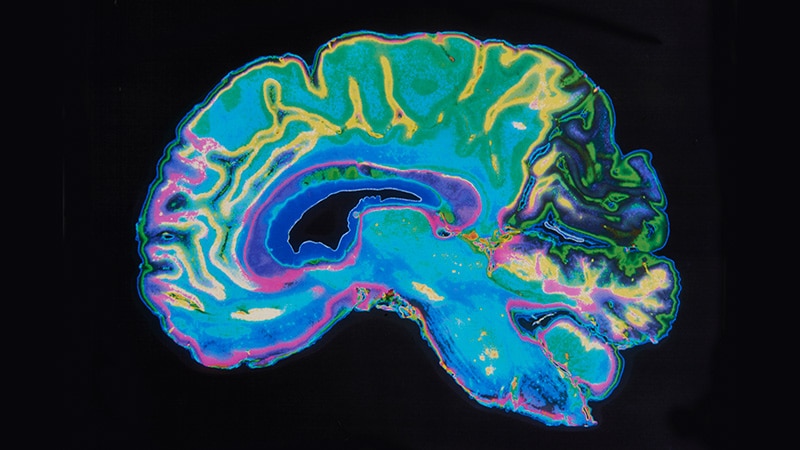Impact of Aggressive LDL Lowering on the Brain: AHA Review
The American Heart Association (AHA) released a scientific statement focusing on the impact of aggressive low-density lipoprotein cholesterol (LDL-C) lowering on dementia and hemorrhagic stroke risk. The statement evaluates evidence supporting or refuting the idea that aggressive LDL-C lowering has adverse effects on the brain. Key conclusions include the reduction of atherosclerotic cardiovascular disease events with LDL-C lowering, the lack of strong evidence linking statins to cognitive impairment or dementia, minimal risk of hemorrhagic stroke with statin therapy, and the need for more research on lipid lowering in specific populations.
Dostosuj podsumowanie
Przepisz z AI
Generuj cytaty
Przetłumacz źródło
Na inny język
Generuj mapę myśli
z treści źródłowej
Odwiedź źródło
www.medscape.com
AHA Reviews Impact of Aggressive LDL Lowering on the Brain
Kluczowe wnioski z
by Megan Brooks o www.medscape.com 09-18-2023
https://www.medscape.com/viewarticle/996569
Głębsze pytania
